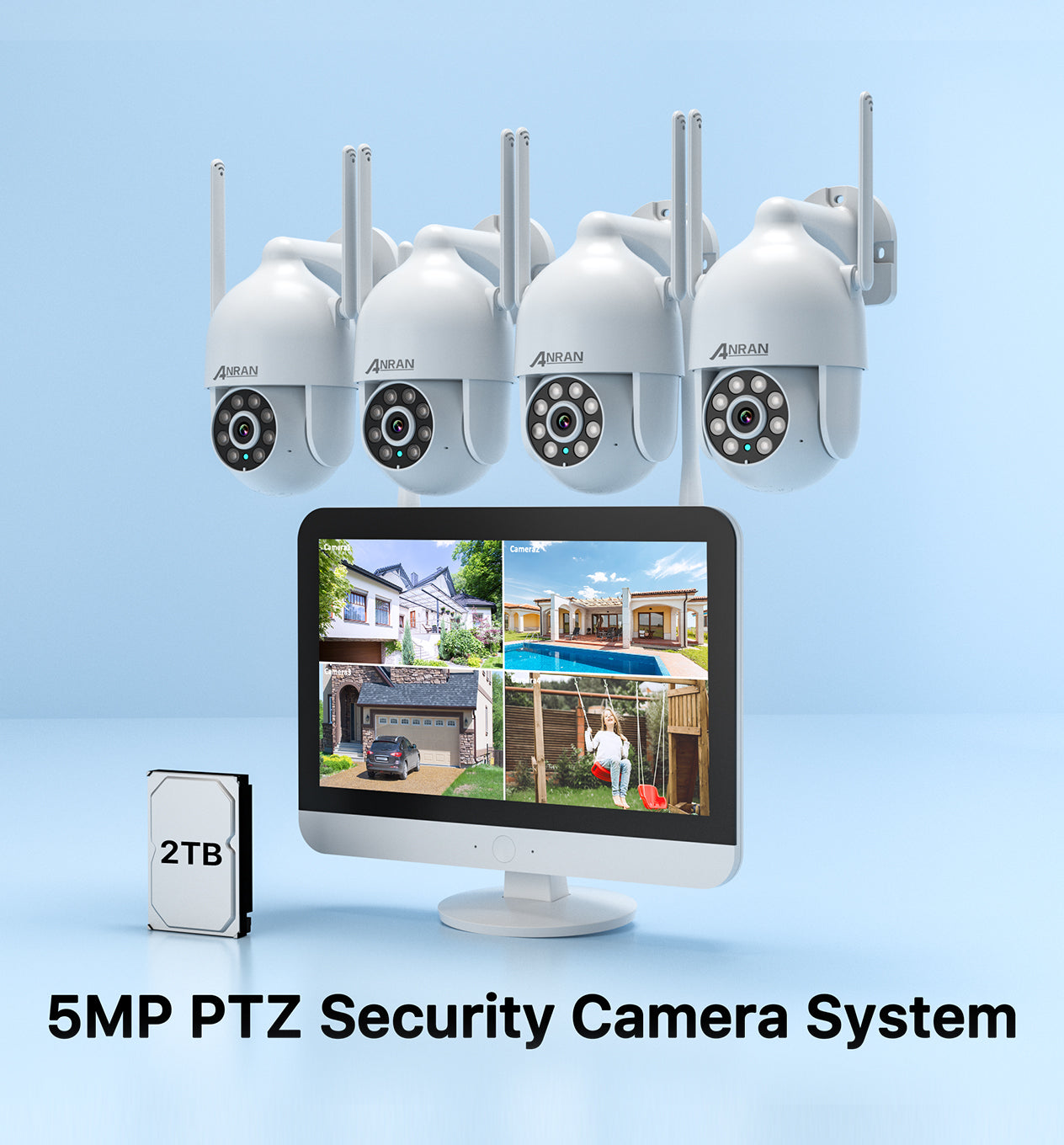Unlock the Secrets to Ultimate Home Security: Discover the Power of CCTV Cameras!
In a world where safety concerns are paramount, ensuring the security of your home has never been more crucial. With rising crime rates and increasing instances of burglary, homeowners are turning to advanced technologies to protect their loved ones and property. Among these technologies, CCTV cameras stand out as a powerful tool in enhancing home security. Not only do they act as a deterrent to potential intruders, but they also provide homeowners with peace of mind, knowing they can keep an eye on their property at all times. This article will delve into the myriad benefits of CCTV cameras, explore the different types available for home use, and guide you through the installation process to ensure your home is as secure as possible.

Benefits of CCTV Cameras for Home Security
Installing CCTV cameras at home offers numerous advantages that contribute to a safer living environment. One of the primary benefits is the deterrence of crime; the mere presence of cameras can discourage potential burglars from targeting your home. Many criminals are opportunistic, and the sight of a camera can make them think twice about their actions. Additionally, CCTV cameras enable remote monitoring, allowing homeowners to keep an eye on their property from anywhere in the world through smartphones or computers. This feature is particularly useful for those who travel frequently or have multiple properties to manage.
Moreover, CCTV systems enhance evidence collection, providing crucial video footage that can be used in investigations or insurance claims. In an unfortunate event of a break-in, having recorded footage can significantly aid law enforcement in identifying suspects and recovering stolen items. Furthermore, the peace of mind that comes from knowing your home is monitored can reduce anxiety for homeowners, especially when they are away on vacation or at work. Friends of mine have shared their experiences where the installation of CCTV cameras made them feel more secure, allowing them to enjoy their time away without constant worry about their home.
Types of CCTV Cameras
When it comes to selecting CCTV cameras for home use, there are several types to consider, each with distinct features and ideal applications. Analog cameras are the traditional option, known for their reliability and ease of installation. They are often more affordable but may lack the high-definition quality of newer models. On the other hand, IP cameras have gained popularity due to their superior image quality and the ability to connect to the internet, allowing for streaming and remote access. Wireless cameras are also becoming a favorite, offering flexibility in placement without the hassle of tangled wires.
Additionally, homeowners must choose between dome and bullet cameras. Dome cameras are often less obtrusive and are designed to blend in with the environment, making them ideal for indoor use. Conversely, bullet cameras are more visible and are typically used for outdoor surveillance due to their weather-resistant features and longer range. Understanding the differences and features of each camera type is crucial in selecting the right system for your home security needs.
Installation of CCTV Cameras
Installing CCTV cameras in your home can be a straightforward process if approached methodically. Start by planning the layout of your system—determine which areas need surveillance, such as entry points, driveways, and backyards. Choosing the right locations is essential for maximizing coverage and minimizing blind spots. Ideally, cameras should be installed at high vantage points to deter tampering and provide a clearer view of the surroundings.
Basic installation tips include ensuring that cameras are securely mounted and properly connected to power sources. For those who may not feel comfortable with DIY installation, seeking professional assistance can be a wise choice. Professionals can ensure that the cameras are installed correctly and optimally placed for the best coverage. A friend of mine opted for professional installation, and he was impressed with the difference it made in the overall functionality and efficiency of the system.
Enhancing Home Security with CCTV
In conclusion, CCTV cameras are an invaluable asset for enhancing home security. They offer a wide range of benefits, from deterring crime and providing remote monitoring to assisting in evidence collection. With various types of cameras available, homeowners can choose the system that best fits their needs. Furthermore, understanding the installation process can help ensure that your CCTV setup is effective and reliable. As home security becomes increasingly important, considering the installation of CCTV cameras is a proactive step towards safeguarding your home and loved ones.












commentaires